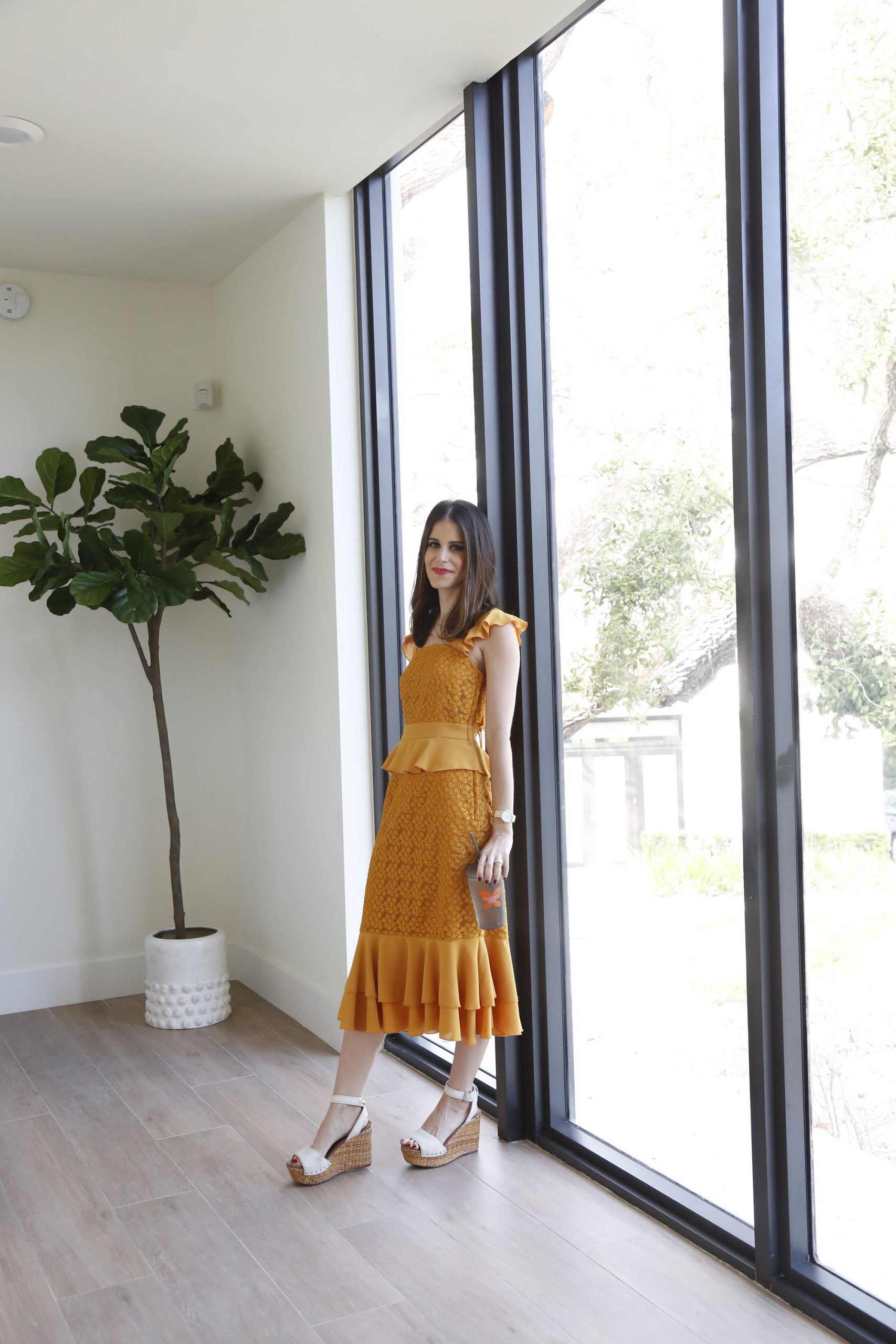I was a diet culture diva. Now I’m an anti-diet dietitian.
I may usually only be mushy with my meals — but I was cleaning out my Google Drive (to avoid paying 5 dollars for upgraded space, obv) and found this piece I wrote and never submitted/published over a year ago after my illness. If your GenZ/Millennial goldfish attention span prohibits you from reading anything longer than a meme, this isn’t for you.
In Jonah and the Whale — the whale thankfully spits Jonah out so he can survive and thrive. That’s what happened to me — Diet Culture Swallows Dietitians.. But Spit This One Out – phew!
I am coming out and admitting that I have contributed to diet culture in every way possible. It wasn’t until I was weight-shamed during a hospitalization that I was able to confront my bias and change my dietetics practice. I’m calling for…
It’s not just doctors who develop Gd Complexes. Registered dietitians (RDs) are groomed to believe from our very first day in Medical Nutrition Therapy that we are the deified oracles of wellness caressing keys made of woven flax and hempseeds that hold the enigmatic secrets to everlasting health — and that every human we come across would be honored for a gelatinized chia seed pearl of wisdom to fall from our lips and inspire them to eat better (read: lose weight, because everyone wants to lose weight, right?) and ward off disease forever.
We are indoctrinated to believe, with tons of well-packaged “science” (all research is weight-biased, but we’ll get to that later) that to be overweight or.. The most frightening O word – obese – is to be carting down a path to certain death… or at the very least… dialysis. We guzzle the nectar our professors and mentors feed us that inspire us to workout six days a week, because the more activity the less chance we will die (or worse – become fat), we grind our own oats into oat milk to avoid hormonally electrified conventional cow milk, and we silently cluck our tongues at restaurants when we see people gleefully enjoying venom like white rice coating a sushi roll, mentally calculating the seconds until their liver is fettered with fat and their pancreas goes on holiday (diabetes). Every breath we take and every bite we chew / stylishly prepare for Instagram is in the pursuit of health (and the avoidance of death) – a concept called Healthism. We politely ignore any mental flurry occurring within a client – whether that’s a past trauma, anxiety, depression, or a suppressed full blown eating disorder masquerading as a commitment to health.
We RDs roll our eyes when overweight people whine in our offices / their hospital beds (when we work in hospitals) that losing weight is “too hard” or “impossible.” Or that they just had “so much going on” and couldn’t “focus” on losing weight. These peons are just not trying hard enough, obviously. If they cared enough about their health and weight, they would go grocery shopping weekly, start stashing seeds and berries in every purse, buy a spiralizer and start grating zucchini daily get a personal trained 5 days a week, and realize that if it’s made of cauliflower it should become a substitute for every iota of wheat or starch they once loved until their weight meanders down to a “healthy” range we’d post about them on Instagram for — a normal BMI. And then they’d be healthy and not at risk for disease; but moreover, they’d have drunk from our chalice of dietitian wellness and be a member of our exclusive club. A club that ignores the actual, uncomfortable and actually mortifying truth — our dietitian training was built on lies, weight bias, social injustice, body shaming, and pseudoscience.
Worse – I even shrouded my practice in “intuitive eating” – something I actually didn’t even learn in school, rather, but during my dietetic internship at an inpatient eating disorder facility. Intuitive Eating was really just a privilege if you were already thin – then you deserved to “honor your hunger” for a croissant. But if you had PCOS and were overweight, um, why don’t you just have a nice bowl of raspberries (never a banana, so much starch, essentially begging for insulinemia) and toast a few seeds on there to satisfy that sweet tooth “without the guilt”? Us skinny girls are entitled to actually eat a banana on a piece of sprouted toast. It’s nice to live that luxurious life of copious carbohydrates.
But I am done. I am molting out of this shameful snakeskin and have accepted the truth – that health is about personal fulfillment as well as nourishment, and that body weight is a very poor reflection of health. And that even those doing their “diligence” and living a life that is 70% cauliflower may still be overweight – and they should probably liberalize their diets, savor their lives/food, keep a bit of the cauliflower, and practice Body Kindness (a book penned by a dietitian mentor of mine, Rebecca Scritchfield). This never truly absorbed into my flesh until I nearly died and was forced to come to terms with my own body insecurity and former diet dogma. And I’d like to set the record straight here — though our dietitian training failed us and lead us to defy Hippocrates and do more harm in the form of weight shaming, trauma ignorance, preying on body insecurity, and feeling no remorse in having diminished empathy for anyone suffering with emotional food issues — there is a movement that is sending tremors throughout the RD community that offends the very core of what we RDs were ever taught – that fat is not some dangerous, inflamed death sentence, and that overweight people have the right to pursue health from us with compassion and dignity.
The specifics of my disease course that truly broiled this new methodology onto my soul are not vital information for your everyday life (does anyone remember that segment on ‘All That’?!), but in a span of a week, I pooled 32 pounds (⅓ of my body weight) onto my body, was hospitalized with dehydration, diminished kidney function, stroke risk, fluid creeping in and around my lungs, and the most untenable pain and nausea a human can experience. I’m someone who works out six days a week (because #wellness and #fitfam) and I notice when an extra almond works it way into my yogurt, and therefore onto my body. So the feeling of what I joked as “suddenly sea lion” and the first glimpse in the mirror sent my hand flying to cover my mouth’s yelp — what was this body, this ruined body? How would anyone ever come and respect me as a dietitian looking like this? GET THIS WEIGHT OFF RIGHT NOW, DOCTOR, THIS IS AN EMERGENCY. I HAVE A CLOSET FULL OF SIZE XS CROP TOPS.
I had to accept my new body, and that it may never be the same again. I had to accept the six – ten weeks of missed barre and Pilates classes and the serious compromise in my fitness (at that point, I couldn’t even turn over in bed without assistance). Critical illness doesn’t really care about your routine of “perfect” and “anti-inflammatory” foods (my casual matcha coconut yogurt parfaits I splash around Instagram); it was, instead, open season for hospital chicken tenders, vats of plain non grass-fed hospital milk, white rice, bagels and REAL cream cheese, Raisin Bran (processed. sugar.), blueberry muffins, quesadillas, tuna salad, challah bread, and hospital cafeteria eggs (made with – gasp – vegetable oil, I bet). I went into the hospital well-nourished, sure, but it didn’t mean I suffered any less during the course of my illness, or that chaga mushroom smoothies would have “healed” me (dietitians love to use the epithet “food as medicine”. Nope. Dilaudid and Zofrans are medicine. Saltines and Cheerios were my food. White flour!). These were the foods my body was demanding to heal, and not a turmeric reishi spirulina cacao acai almond butter keto bowl that Instagram would have recommended. I can’t explain the weird food cravings or aversions, only that honoring my body was so much wiser than forcing down ‘anti-inflammatory’ foods that I normally would have demanded ‘in order to heal.’
Speaking of social media — let’s acknowledge it as a form of entertainment and not a medical sermon. Acknowledge the (often dietitian-lead) food fear mongering (better burn off those holiday pounds or risk that Santa bod!) and pseudoscience (this banana bread only has 3 net carbs!) Take from it what serves you, what inspires you, and what helps you grow — banish anything from it that has you go down the big bad rabbit hole of body or food strife, insecurity, envy, disappointment, and depression that it invokes for so many.
You know life is precious – you’re hammered like a Paleo almond flour pumpkin pancake with that sentiment all the time. What I realized these last two weeks is that the ability to live your life is what is truly salient — the gift of being able to work, to move, to eat, to traipse down the stairs and fix a snack (healthy or not) to go to a restaurant, to see a movie, to simply have the energy to drive, to shop, to call someone, to grocery shop — these are all gorgeous gifts. Not just life itself. Because I was (allegedly) alive while I was sick, but I wasn’t living. So go out and live! Stop being sad that you’re not in the Maldives with your six pack, because that’s what ‘everyone else’ on IG is doing. Go savor the ability, the sweet exquisite simple pleasure, to drive to Target and pick out a lip gloss. None of these things have anything to do with the way you eat or move. Food is less relevant to your life’s enjoyability than us dietitians have been lead to believe, and therefore lead you to believe. Food is exciting and shouldn’t be your enemy. It should be your very best friend and something you are thankful to even be able to do. To Eat, to feed your essence (my practice’s name), is a divine gift. I didn’t do it for days on end. I still feel robbed of that gift; to have been able to choose and enjoy food. I’m making it up for it now that I’m home and convalescing — triumphantly waltzing into a bakery and strolling out with bagels and a cinnamon roll in tow — I HOPE someone recognizes me and is puzzled, honestly (did that dietitian just buy.. A…cinnamon roll?!)
I call for a drastic reformation in dietitian curriculum, and for that matter – for medical students, nursing students, psychology students, ANY student of health who would have anything to say to a patient about their weight, food choices, or body image. I call for a cultural shift amongst ALL people in how we view, treat, employ, and connect with people of any size, how we evaluate health, and how we judge people’s food and movement habits. Because all people deserve access to healthcare and the ability to love food and their bodies. Because I shouldn’t have had an emotional crisis in the hospital when I caught sight of weight gain; I should have been struck with gratitude for being alive! May newly minted and veteran dietitians be the pioneers of the HAES movement, and may we be taught and teach others to respect and listen to our bodies in times of illness AND health.

